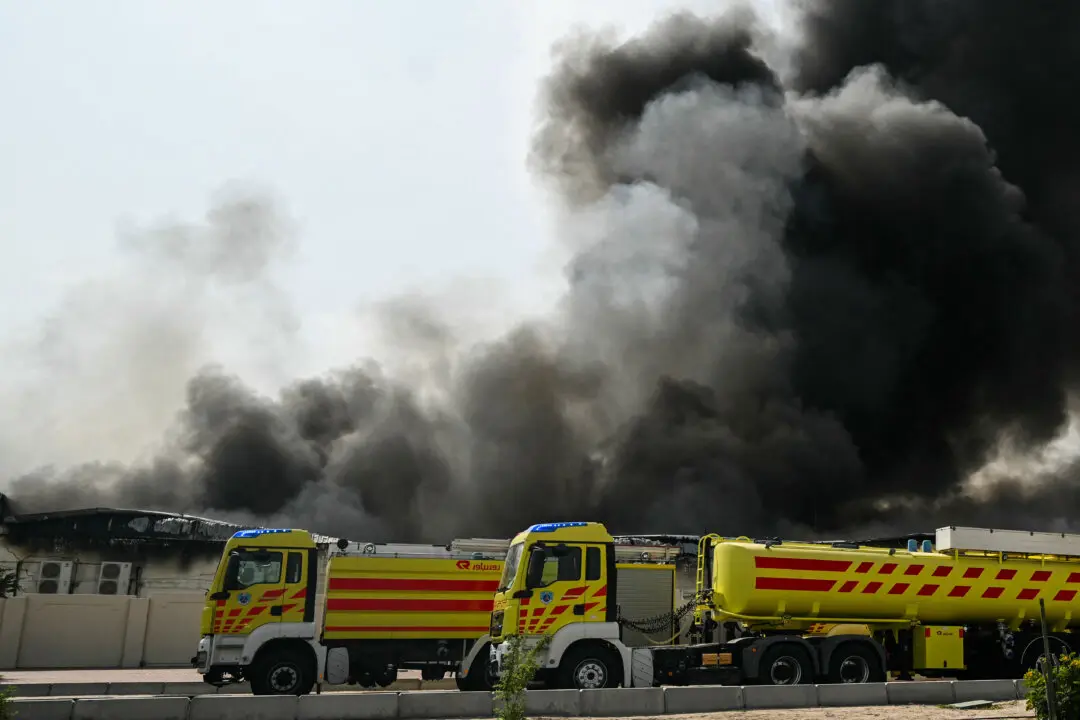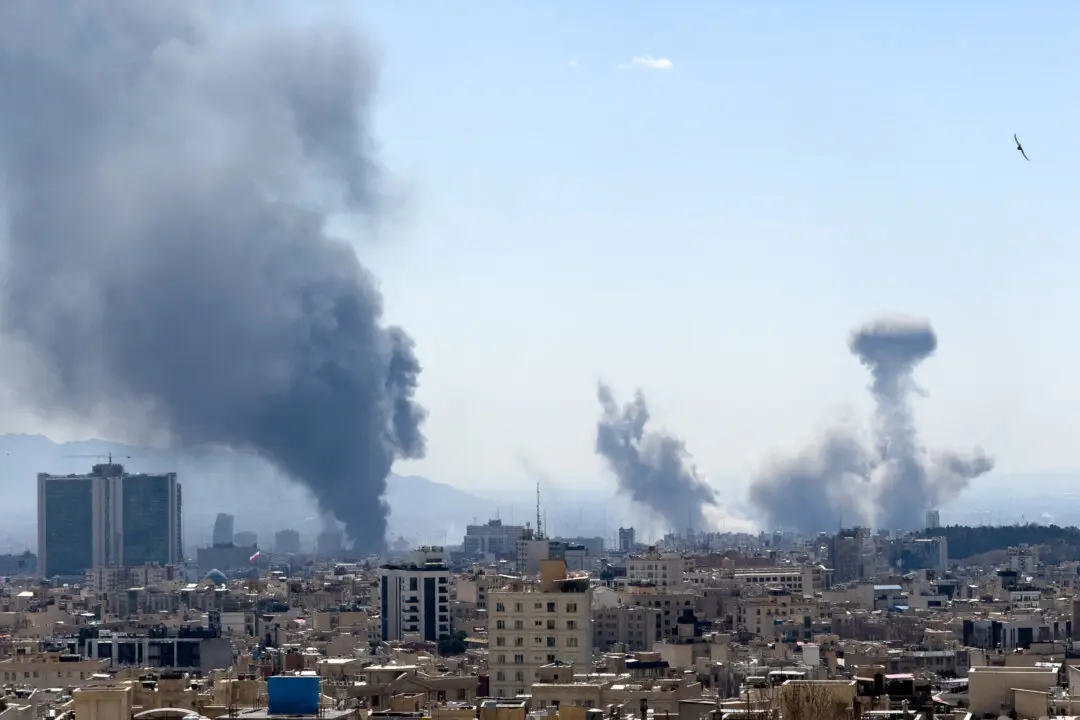The failure of Trump administration officials to coordinate with the incoming Biden administration in sharing insights on the February 2020 Doha Agreement peace pact led to the chaotic U.S. withdrawal from Afghanistan on Aug. 15, 2021, according to a White House report released on April 6.
The widely-criticized pullout left 13 service members dead, billions of dollars’ worth of equipment behind, and a U.S.-backed government overrun by the Taliban.





